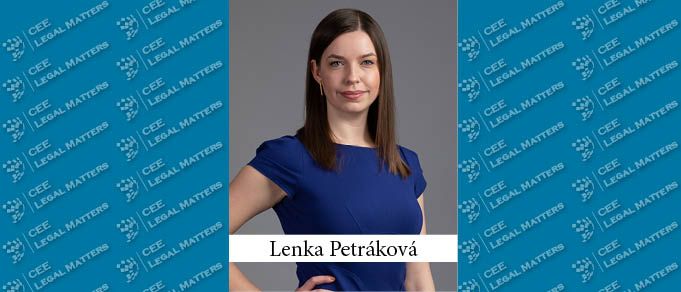"Wrongful birth" claims seek compensation from healthcare facilities for the harm caused to parents of a child by depriving them of the opportunity to make an informed decision about whether to continue the pregnancy despite the high likelihood that the child will be seriously ill (usually as a result of improperly performed screening tests). While this type of legal procedure is well-known in the USA and the United Kingdom, instances of similar case law can already be found in EU countries, including, for example, France, whose legal system is similar to Czechia's. However, the Supreme Court of the Czech Republic dealt with such a claim for the very first time in May 2023.
In this decision, the Supreme Court concluded that this type of claim for compensation for non-pecuniary harm is admissible in the Czech legal system and defined three categories of interference with the personal rights of parents that may occur in such cases:
i) interference with the ability to plan a family;
ii) shock of discovering the child's true state of health; and
iii) witnessing the life of their disabled child and experiencing fear for their development.
According to the Supreme Court, each of these interferences with personal rights must be assessed separately and all aspects of liability for non-pecuniary harm must be met in respect of each interference. In the first two types of interference, the causal link between the incorrectly performed genetic screening and the non-pecuniary harm suffered will be usually present. For the third category, however, the Supreme Court has concluded that it is also necessary to prove that the mother would have undergone an abortion had the screening been carried out correctly. In particular, it should be examined whether she was prevented from making such a decision for health reasons or, for example, by religious beliefs or by legislation. Additionally, the Supreme Court expressed the opinion that the father's rights could also be interfered with in a similar manner, even though he does not have the right to decide on undergoing an abortion.
Judgment of the Supreme Court of 16 May 2023,file no. 25 Cdo 2202/2021





















